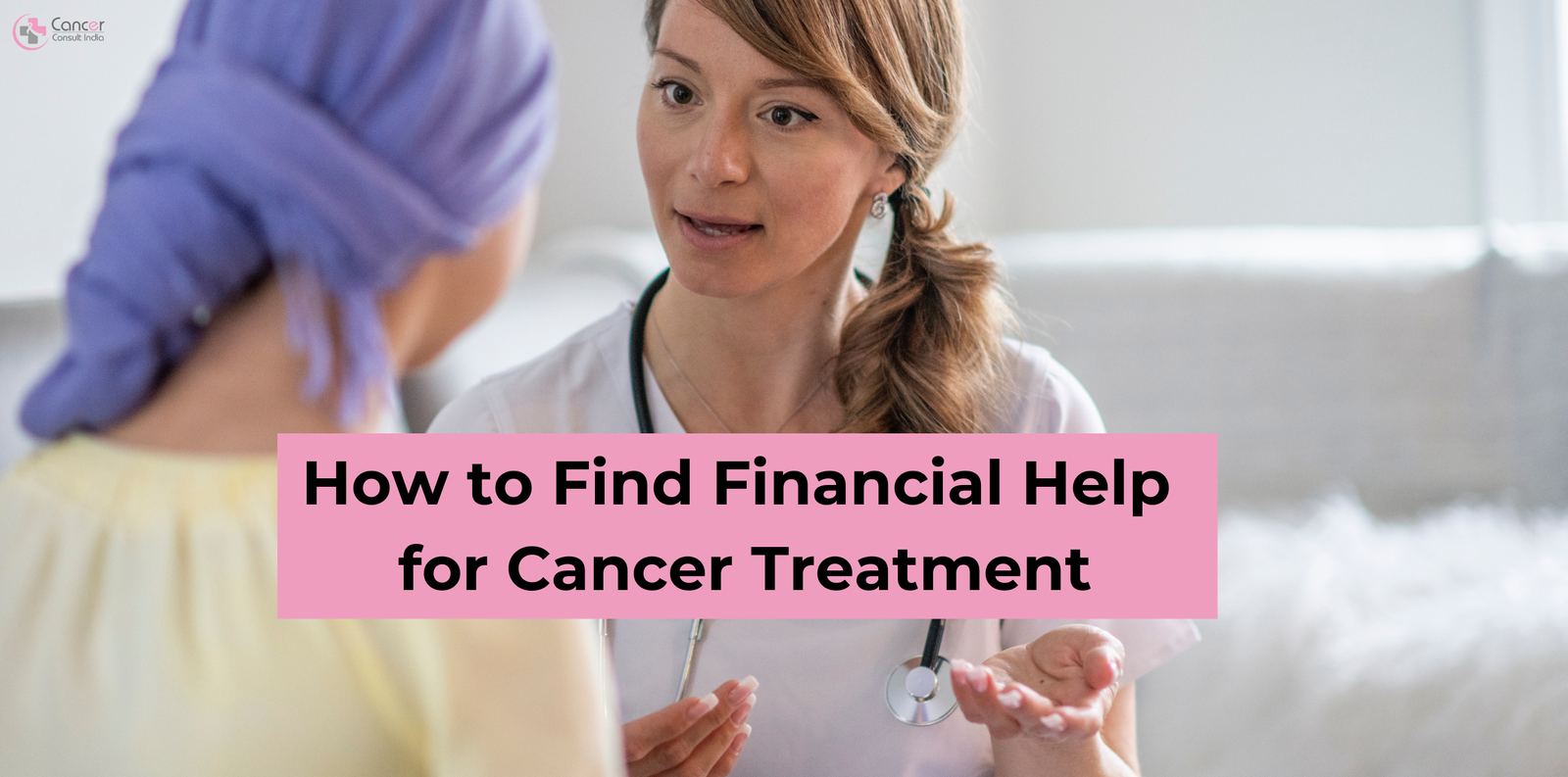
How to Get Financial Aid & Insurance for Breast Cancer Care
Breast cancer treatment can be physically and emotionally challenging, but it also brings significant financial stress. From surgery and chemotherapy to follow-up care and medications, the costs can quickly add up. Fortunately, there are several ways to ease the financial burden through insurance, government programs, and charitable organizations. In this article, we’ll explore practical strategies for securing financial aid and maximizing your insurance coverage for breast cancer care.
Understanding the Costs of Breast Cancer Treatment
Before diving into financial assistance options, it’s essential to understand the potential costs involved. Breast cancer treatment may include:
-
Surgery – lumpectomy, mastectomy, or reconstructive surgery.
-
Chemotherapy & Radiation – multiple sessions over weeks or months.
-
Medications – hormonal therapies, targeted treatments, and supportive drugs.
-
Follow-up care – routine imaging, lab tests, and specialist visits.
Even with insurance, out-of-pocket expenses such as co-pays, deductibles, and transportation costs can be overwhelming. Planning ahead and exploring all available resources can make a significant difference.
Health Insurance Options for Breast Cancer Care
Health insurance is the first line of defense against high medical costs. Here’s how to ensure you’re adequately covered:
1. Review Your Current Policy
Check your health insurance plan to understand:
-
Coverage limits – what treatments and medications are included.
-
Network restrictions – whether your oncologist and treatment center are in-network.
-
Out-of-pocket costs – deductibles, co-pays, and coinsurance amounts.
If your current plan has gaps in coverage, it may be worth exploring supplemental insurance or switching plans during an open enrollment period.
2. Government-Supported Insurance Programs
Several government programs in India and globally can assist with cancer care:
-
Ayushman Bharat (India) – provides health coverage for low-income families, including cancer treatment.
-
Medicaid (USA) – for eligible low-income individuals, covering cancer diagnostics and treatments.
-
Medicare (USA) – for people over 65 or with certain disabilities, offering partial coverage for cancer care.
These programs can significantly reduce the financial burden for eligible patients.
3. Supplemental Cancer Insurance
Some insurance companies offer specific cancer insurance policies that cover expenses not included in regular health insurance, such as:
-
Travel and lodging during treatment.
-
Outpatient care and medications.
-
Lost income due to treatment-related disability.
Carefully review the terms to ensure they match your treatment needs.
Financial Aid Programs for Breast Cancer Patients
If insurance isn’t enough, various organizations provide financial assistance specifically for breast cancer patients.
1. Government Assistance Programs
Many governments offer grants and subsidies for cancer treatment, including:
-
Subsidized hospital treatments – free or low-cost surgeries and chemotherapy.
-
Transport allowances – for traveling to cancer treatment centers.
-
Income support programs – for patients unable to work during treatment.
Contact local hospitals or health departments to learn about available programs.
2. Nonprofit & Charitable Organizations
Several nonprofit organizations focus on helping breast cancer patients manage treatment costs. Examples include:
-
Cancer Foundation India – provides financial aid and emotional support.
-
American Cancer Society (ACS) – offers assistance for treatment, travel, and medications.
-
Breast Cancer Now (UK) – supports patients with financial grants and care guidance.
These organizations often require proof of diagnosis and financial need but can cover costs not included in insurance.
3. Pharmaceutical Assistance Programs
Some drug manufacturers provide free or discounted medications to patients in need. These programs can help cover the high costs of:
-
Targeted therapies.
-
Hormonal treatments.
-
Supportive medications like anti-nausea drugs.
Contact your oncologist or pharmacist to see if you qualify.
Tips for Managing Financial Stress During Treatment
Managing finances while dealing with breast cancer can be overwhelming. Here are practical tips:
1. Keep Detailed Records
Maintain records of all medical bills, insurance claims, and receipts. Accurate documentation helps with:
-
Filing insurance claims efficiently.
-
Applying for financial aid or grants.
-
Keeping track of out-of-pocket expenses.
2. Communicate With Your Treatment Center
Many hospitals have financial counselors who can help you navigate insurance claims, payment plans, and charity programs. Don’t hesitate to ask for support—they are there to help.
3. Explore Crowdfunding Options
Online platforms like GoFundMe or Ketto (India) allow patients to raise funds for medical expenses from family, friends, and even strangers. Sharing your story can help gather much-needed support.
4. Budget Carefully
Cut unnecessary expenses and prioritize essentials during treatment. Consider:
-
Using public transportation instead of taxis.
-
Minimizing non-essential subscriptions.
-
Meal planning to reduce costs.
5. Seek Emotional Support
Financial stress can affect mental health. Counseling, support groups, and therapy can help you cope and make more rational financial decisions.
How to Apply for Financial Aid & Insurance Support
Applying for financial aid and maximizing insurance requires careful planning:
-
Collect Documentation – diagnosis proof, income statements, insurance details.
-
Research Programs – check eligibility criteria for government, nonprofit, or pharmaceutical programs.
-
Contact Case Managers or Financial Counselors – they can guide you through applications.
-
Follow Up Regularly – ensure applications are processed, and claims are approved.
-
Keep Copies of Everything – documentation is crucial if disputes arise.
Final Thoughts
Breast cancer care is a journey that requires not just physical and emotional strength, but also financial planning. By understanding insurance options, seeking financial aid, and using resources from nonprofits and government programs, patients can focus more on recovery and less on the stress of medical bills.
Remember, no one should face breast cancer alone—help is available if you reach out. Being proactive, organized, and informed is the key to managing the financial side of your treatment effectively.
